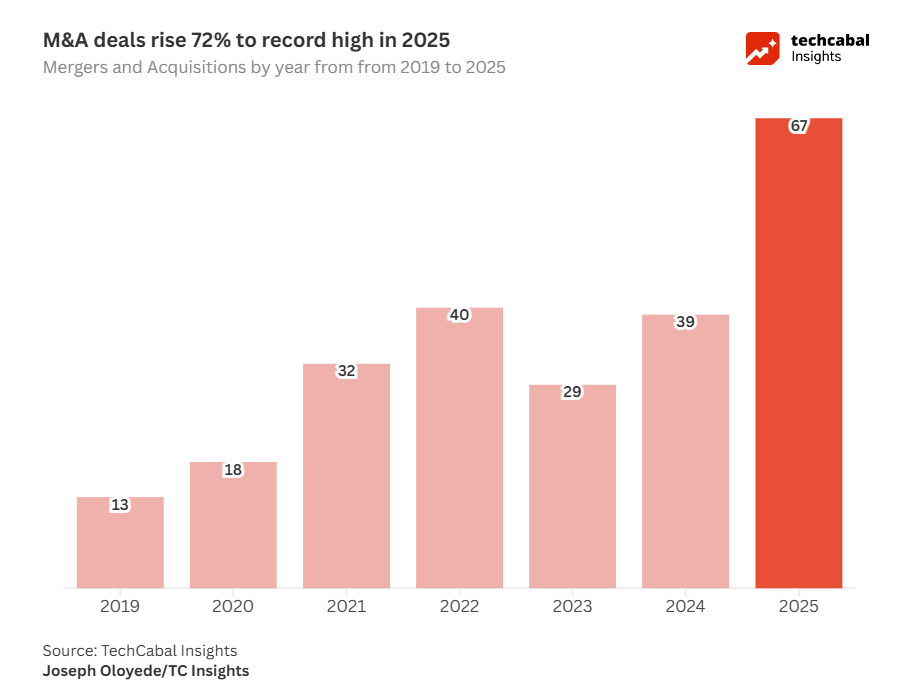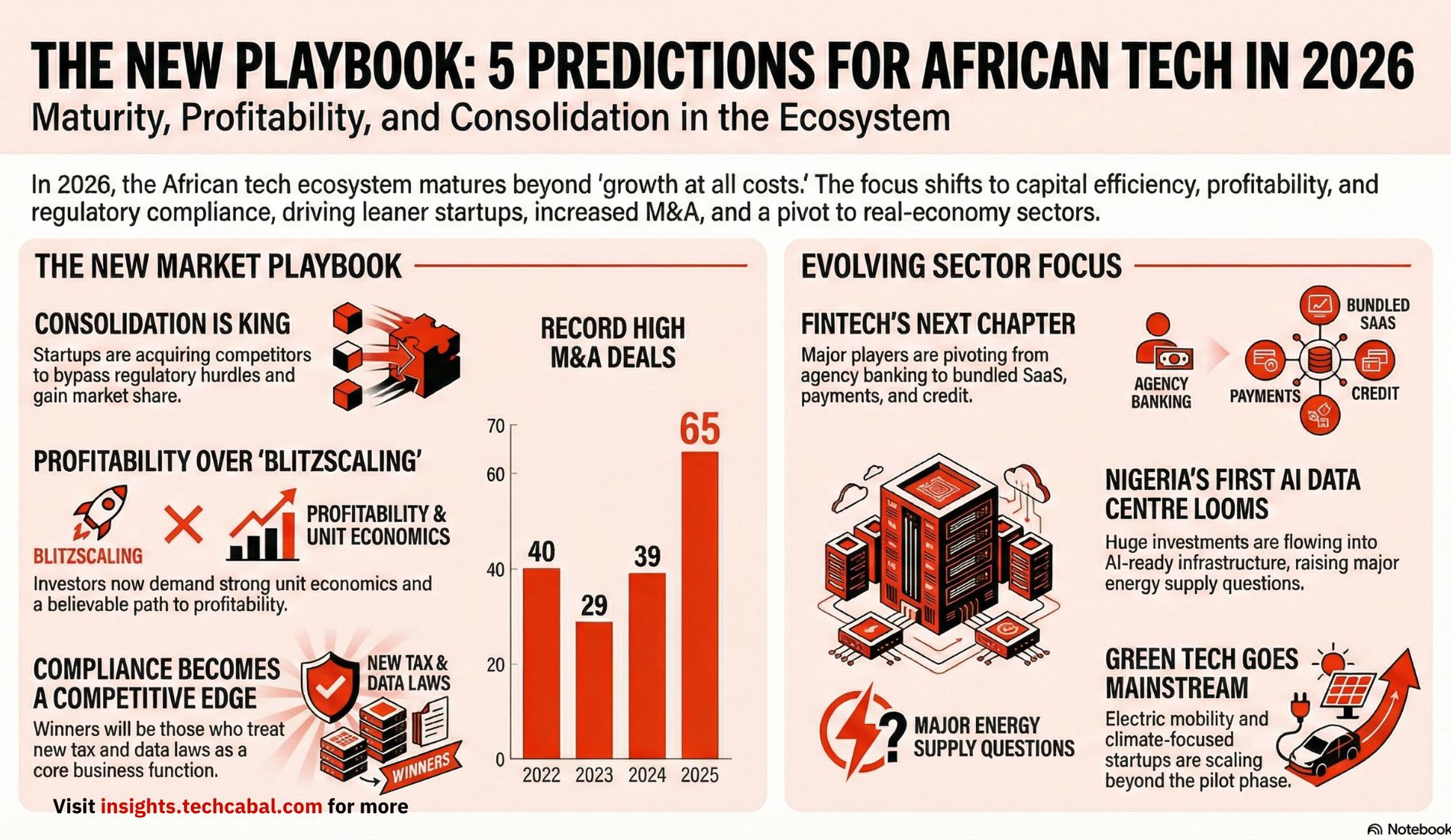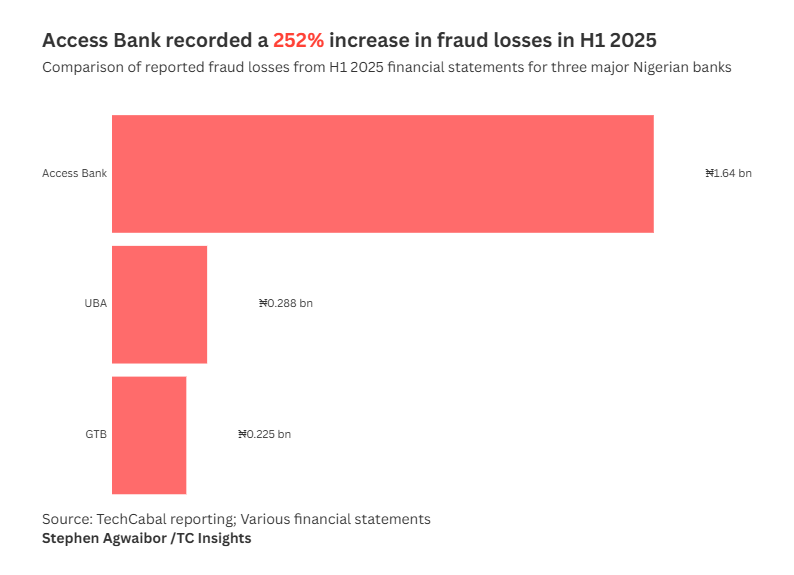By Alex Tsado

Did you miss the chance to become a millionaire through oil wells, mines, or running a telecoms company during the mobile revolution?
A bigger opportunity is emerging in the age of AI. Below, I explain why mobile worked as well as it did in Africa, unlocking insights into how AI and emerging technologies can provide similar, if not greater, impact if we steer them in the right direction.
The old approach versus the new reality
In the past, the approach was straightforward: physical infrastructure. That’s how things were done in the West, so it was assumed it was how things had to be done in Africa.
From physical banks to mobile banking
Building physical banks was the “normal” approach. This was expensive, with a bank branch costing easily $50,000 to over $200,000. The assumption was that millions of unbanked people in rural areas would find their way to these city banks. This proved unrealistic.
Then M-Pesa emerged and asked a simple question: “What if the bank is just a phone and a network of agents?” This insight transformed everything. Studies have shown that fintechs leveraging mobile infrastructure have significantly reduced transaction fees and the costs of serving customers. Suddenly, banking became accessible to millions, not just the urban elite.
From landline telephony to mobile communication
Remember when telecom companies in the West were laying down copper wire to every house? That model was not going to work in Africa. The cost was astronomical, and the timeline was endless.
However, that’s what the big telcos and Western investors expected. In Africa, they saw a massive infrastructural problem instead of a massive opportunity. They missed the mobile revolution. They overlooked the fact that mobile networks could be built faster and more cost-effectively, with base stations covering wide areas. The cost per user was a fraction of the cost of landlines.
From manual farming to mobile information
For decades, farming was done the old way. An agricultural extension officer would travel to farms, a slow and expensive process. There was a huge information gap.
Then, with the advent of mobile phones came SMS-based services for market prices and weather updates. This was a low-cost, effective solution that bypassed the need for expensive, manual extension services. Farmers got better information, but it was just a tiny taste of what was to come.
The blind spot of Western capital
The large European telcos spent over $300 billion on acquisitions from 2000 to 2002. At the same time, African governments were inviting them to invest, laying down the red carpet for a fraction of that amount. They turned down multiple offers, citing concerns like the upper class being too small to yield returns or the lack of landline infrastructure.
One notable example of ROI occurred in Nigeria during President Obasanjo’s administration. His cabinet reached out to Western investors who rejected their requests. So the government opened the license auction to local bidders. African Capital Alliance (ACA) was involved in a $400 million investment in MTN and achieved a 44x return, or $ 17 billion. All that money, all that growth, was missed entirely by Western capital and other African investors who weren’t attuned to the changing technology landscape.
The same paradigm is playing out in AI today, where nearly 99% of the investment is happening elsewhere. The West is missing the same insights: that it’s possible to build solutions around the infrastructure challenges and that huge populations in villages, towns, and secondary cities represent a massive, untapped demand.
The AI era: From mobile to intelligent mobile
I left Nvidia, a global leader in AI, to co-found UduTech to reduce barriers to entry for AI innovators. We provide access to GPUs (Graphics Processing Units) that dramatically accelerate AI development compared to standard processors, along with an ecosystem of solution providers, enabling creative minds to build transformative solutions. We are starting to see early signs of a new Africa unfolding.
Here are examples from the same industries, illustrating the opportunities that AI can unlock to provide access to the next 100 million people.
From mobile banking to AI-powered finance
The move from physical banks to mobile banking was a massive leap. Now, AI is turbocharging it.
- Credit scoring: Instead of just being a wallet, your phone with AI can give you a credit score. Companies like Nigeria’s Periculum analyse phone usage and spending to offer microloans to those without a banking history.
- Insurance: Curacel utilises AI to automate claims processing and detect fraud, making micro-insurance more accessible.
- Voice Banking: Ghana’s Nokwary enables you to bank with voice commands, making financial services accessible to everyone, regardless of literacy level.
From mobile health to AI diagnostics
Mobile phones already help, but AI makes them even more effective as diagnostic tools.
- Diagnostics: Nigeria’s Ubenwa uses AI to analyse infant cries for asphyxia. South Africa’s HearX provides mobile-based hearing tests.
- Delivery: Zipline utilises AI to manage drone fleets for medical deliveries in Rwanda and Ghana, overcoming the challenges of poor roads.
- AI Assistants: In Ghana, Babyl uses AI to digitise healthcare and help medical staff.
From mobile information to AI-powered agriculture
The SMS message about market prices was just the start.
- Crop Health: Aerobotics in South Africa uses AI and drones, while Agrix Tech in Cameroon uses an app for disease detection.
- Marketplace: Hello Tractor in Nigeria and Emata in Uganda use mobile and AI for affordable mechanisation and farmer loans.
- Environmental Data: Kenya’s Amini uses AI and satellite technology to fill data gaps for farmers.
ALSO READ: Can Nigeria’s data centres power Africa’s AI future?
Jumping into new markets and new jobs
Beyond improving existing sectors, AI has the potential to create entirely new market opportunities.
- Equipping the Disabled to get meaningful work:
AI tools are breaking barriers for people with disabilities, such as helping the blind describe what’s in front of them and producing text for the deaf to read what is being said to them. These provide individuals with new ways to communicate and work. For instance, people with mobility impairments can enter jobs using voice commands, tapping into a global gig economy valued at over $300 billion. These tools can create new roles in areas like AI model training and data labelling, providing dignified, high-tech employment. - Exporting African Stories to the World: It was exciting to see an animation like Iwaju hit screens worldwide. With AI-powered animation, voice generation, and dubbing, Africa’s rich history is no longer constrained by production costs. African creatives can now give the world new anime, films, and gaming content. Consider the global anime market, valued at $33.6 billion in 2024 and projected to double by 2032. Capturing even just 10% of that market would unlock billions of dollars and countless creative jobs.
- Winning on the Global Esports Stage: The esports industry, a market projected to reach $9.2 billion by 2033, offers a new path to prosperity. Access to the powerful GPUs we offer at UduTech gives our local gaming talent the competitive edge needed to win major tournaments. The largest prize pool in 2023 for a single tournament was nearly $30 million, a testament to the earning potential this emerging market holds for our most talented players.
The Call to Action
Seeing that AI is not just about technology, but about improving lives, should encourage African governments to invest in AI infrastructure for builders. This differs from current approaches, where they primarily aim to attract Western capital or invest solely in consumer-facing infrastructure, rather than empowering creators of homegrown solutions.
As argued in TechCabal, even great seeds need soil and water to thrive. My search continues for governments willing to create enabling environments: policy support, infrastructure investment, and regulatory frameworks that recognise AI as a pathway to prosperity. And it continues for investors willing to provide capital at crucial moments, learning from the MTN success to back Africa’s emerging AI champions.
Together, these investments will be crucial in bringing Africa back to the global innovation table.
The promise of AI in Africa isn’t found in data centres and GPUs alone, but in the life-changing transformations that follow. It’s in the farmer who no longer waits for market price updates but uses an app to diagnose crops. In the rural mother, no longer hours away from a doctor, who receives an instant AI-powered health assessment. It’s in the young animator bringing African folklore to global screens.
The wealth of the future lies not in oil or mines, but in intelligent, accessible services delivered directly to people. At UduTech, we focus on empowering builders creating this future, so our AI revolution offers not just financial returns, but a legacy of shared prosperity felt for generations to come.
Tsado is the founder of UduTech, a GPU cloud platform accelerating AI innovation across Africa. He previously worked at Nvidia.









